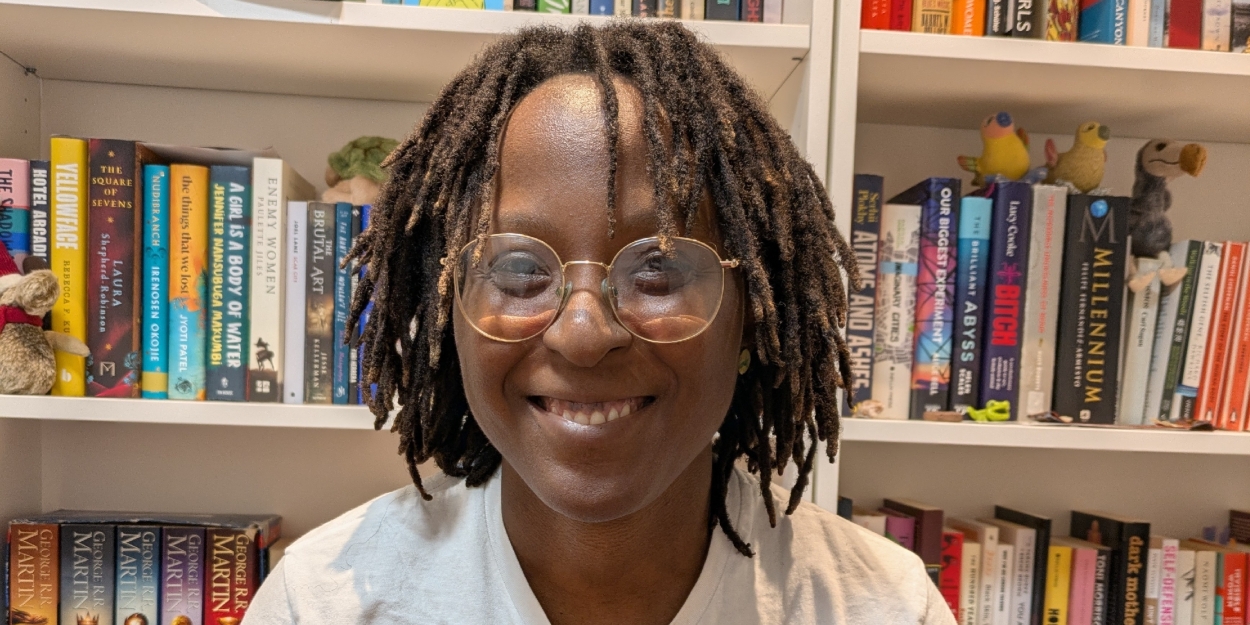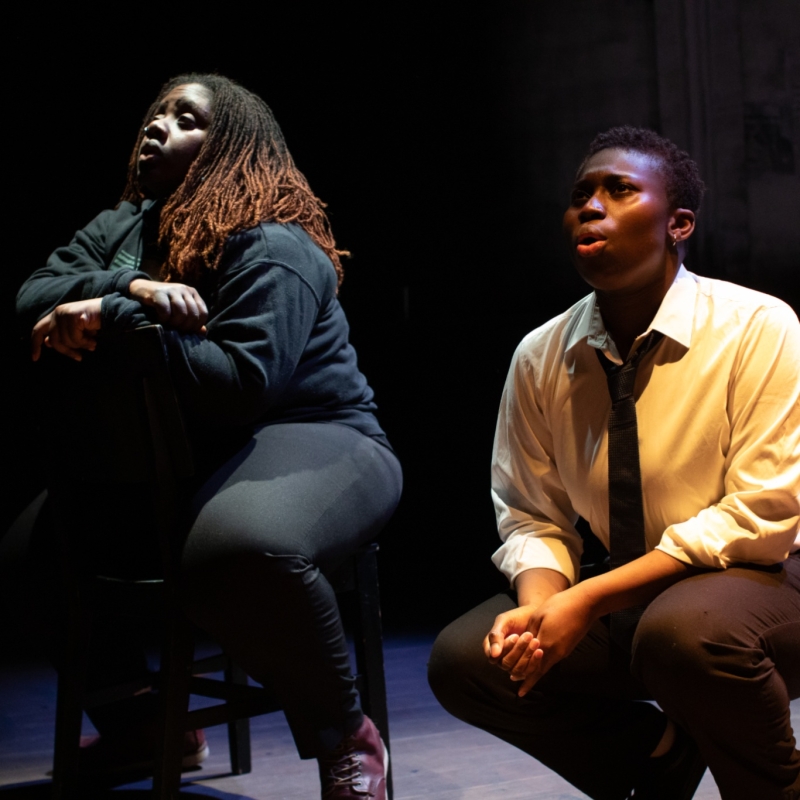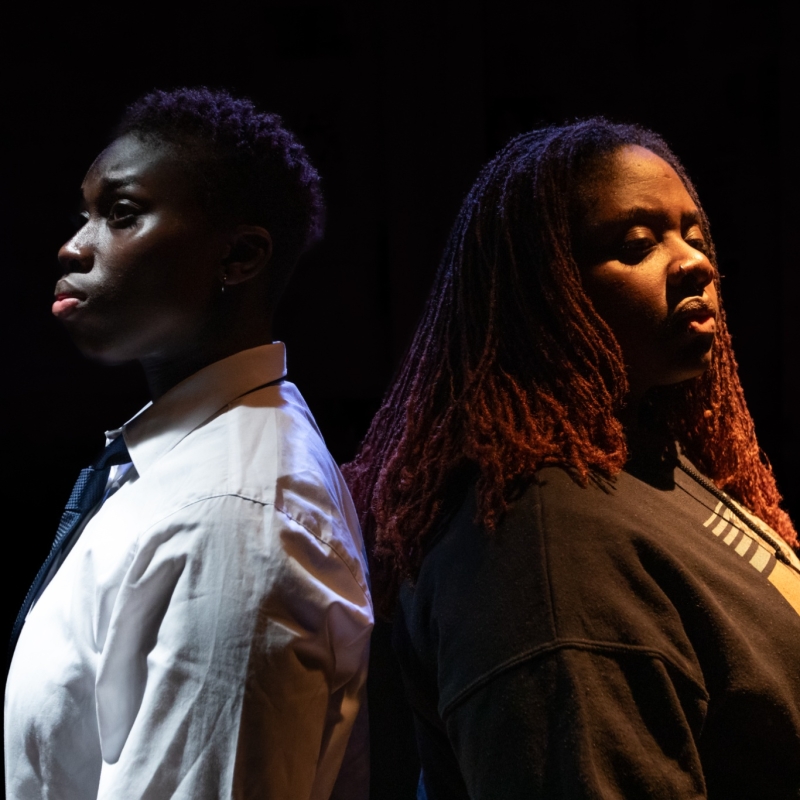Guest Blog: 'The Play is Preoccupied With Uniformity and Assimilation': Writer Saana Sze on Their New Work BELLY OF THE BEAST
'What do we do for those of us who want a world that is built to serve all?'

I started thinking about what would become Belly of the Beast in 2019. The year had seen protests, by parents, outside schools which had proposed teaching an inclusive curriculum. I couldn’t stop imagining how it’d feel to be an LGBT student and have, possibly, the parents of my friends essentially protesting against me.
There was a picture of a protest in a news story which I couldn’t stop thinking about, a sign that read: ‘Let kids be kids.’
Whilst wrestling with this statement about inclusive education, I naturally started thinking about my own experiences at school. I was a kid who felt somewhat unconnected to the labels I was given, who didn’t quite feel that I was the same as my mother or sisters or aunties or girlfriends, but at the same time, also didn’t feel the same as my dad, brother, uncles or boyfriends. There were no LGBT lessons teaching me to feel this way, and it would be much later where I’d find the words for this, and later still, when I’d openly claim these words as descriptions of me.
I started writing the play when I began teaching. I was educated in and have taught in inner-city schools, so naturally that is where the play is set, which allowed me to bring in themes of race and class. I also went back to the stories of 2019, this time interested in the teachers who were trying to push through the proposal, and that is where the idea of having dual monologues began.
Following the same character through two different stages of their life, seeing in real time how the past influences the present, was structurally challenging. I had to make the two worlds mirror each other but also say something specific about each time. Because I had never seen any dual monologues following the same character, I worried about how this would play but in rehearsals I can see the dynamism, humour and tenderness our two brilliant actors, Shiloh Coke and Sam Bampoe-Parry bring to the character(s), and under the incisive direction of Dadiow Lin, the two concurrent narratives work great alone, and together.

Photo Credit: Ali Wright
The play is preoccupied with uniformity and assimilation. I realise now that in writing it, I was still wrestling with the phrase of ‘letting kids be kids’ because the false idea behind it is, that all kids are the same, but of course they are not, and the exclusion of inclusive curriculums is an attempt at uniformity, ultimately forcing kids who are different into suppression and assimilation. In the play, for character NowMartha, we see the cost of this assimilation.
Schools are microcosms of the world, and following the same character was an opportunity to look at specifically what has, or hasn’t, changed in schools in the last 15-20 years, but also how the world has changed in this time.
The gender recognition act was passed in 2004. Anti-discrimination measures were strengthened in the 2000s. In 2010, gender reassignment became a protected characteristic, however, this month came the news of the permanent ban of puberty blockers for transgender kids and young adults. This step backwards will undoubtedly affect transgender students, and to me, highlights the importance of stories like Belly of the Beast. What do we do for those of us who want a world that is built to serve all?

Photo Credit: Ali Wright
Focusing on the small worlds of the two fictional schools, the play explores the impact of a non-binary character in environments that requires uniformity, imploring the audience, as it does its character(s), to always advocate for change, whether it is small or big. I hope you can join us the Finborough Theatre this January to see the world we’ve created for yourselves.
Belly of the Beast plays at the Finborough Theatre from 7 January – 1 February 2025
Comments

Videos

